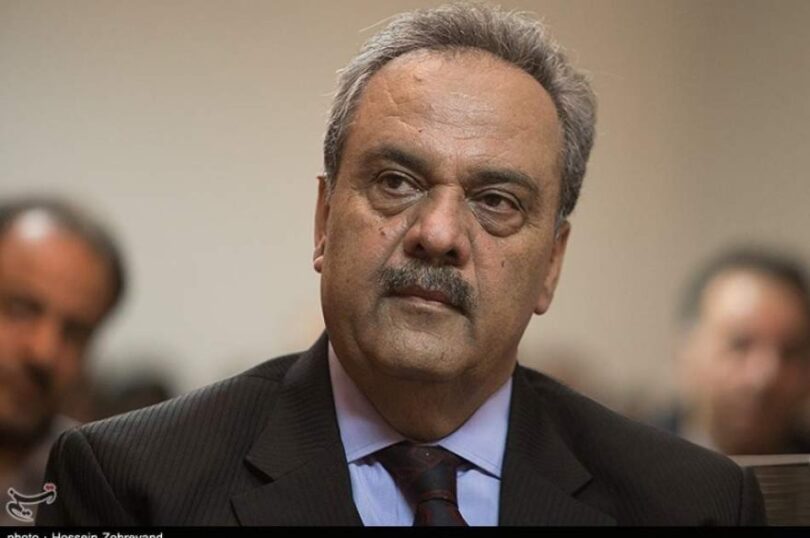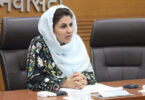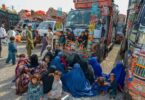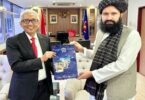KABUL (Agencies): Pakistan’s special representative on Afghanistan claimed that the Taliban have brought peace and security to Afghanistan, but Pakistan feels like it has not benefited from this peace.
He asked the Taliban to hand over the Pakistani Taliban (TTP) to Islamabad or eliminate the threat posed by this group.
Asif Durrani spoke about Afghanistan during Thursday’s Institute of Strategic Studies in Islamabad session. In his speech, he acknowledged that Pakistan’s relationship with Afghanistan has always been challenging.
However, he spoke in a complimentary tone, stating that Afghan governments did not conspire with India, Pakistan’s enemy. He referred to the two wars between India and Pakistan in 1965 and 1971 when Afghanistan declared neutrality despite political and border disputes with Pakistan and friendly relations with India.
He said that negotiations are underway in Afghanistan to end the TTP attacks, but he cannot disclose any information about these negotiations to the public. Asif Durrani said, “For now, they do not blame the Afghan government for the TTP attacks, but at the same time, Pakistan expects the Taliban to play a role in bringing peace to our border regions.”
He added, “Members of the Pakistani Taliban who have sought refuge in Afghanistan should be repatriated to Pakistan or neutralized.” The Pakistani representative highlighted that the militants obtained modern weapons from the abandoned U.S. stockpiles in Afghanistan. While supporting the idea of initiating dialogue and reconciliation in Afghanistan, he opposed using the Doha agreement as the basis for political talks.
Pakistani officials have recently initiated a crackdown on Afghan refugees and have requested over a million to leave Pakistan by the end of this month. Furthermore, various organizations, including Pakistani human rights groups, have urged Pakistani officials to reevaluate their policies concerning Afghan refugees and to uphold their fundamental human rights.







